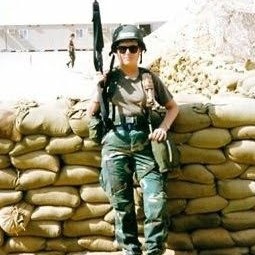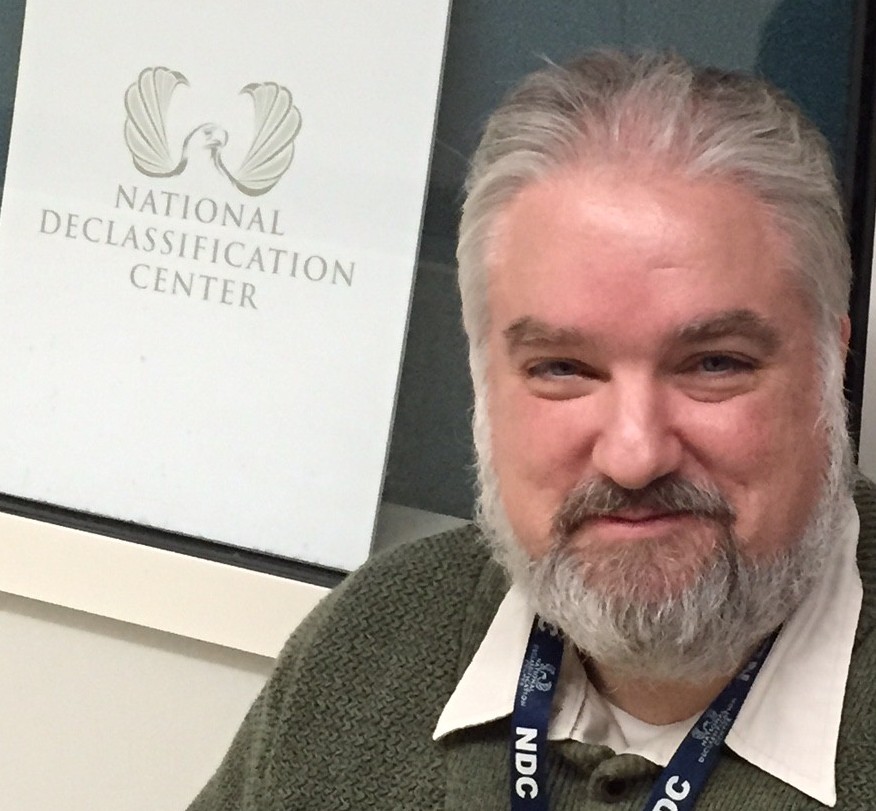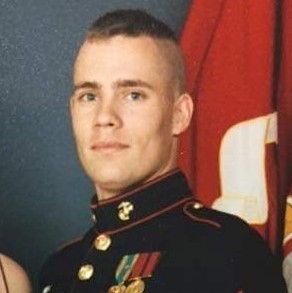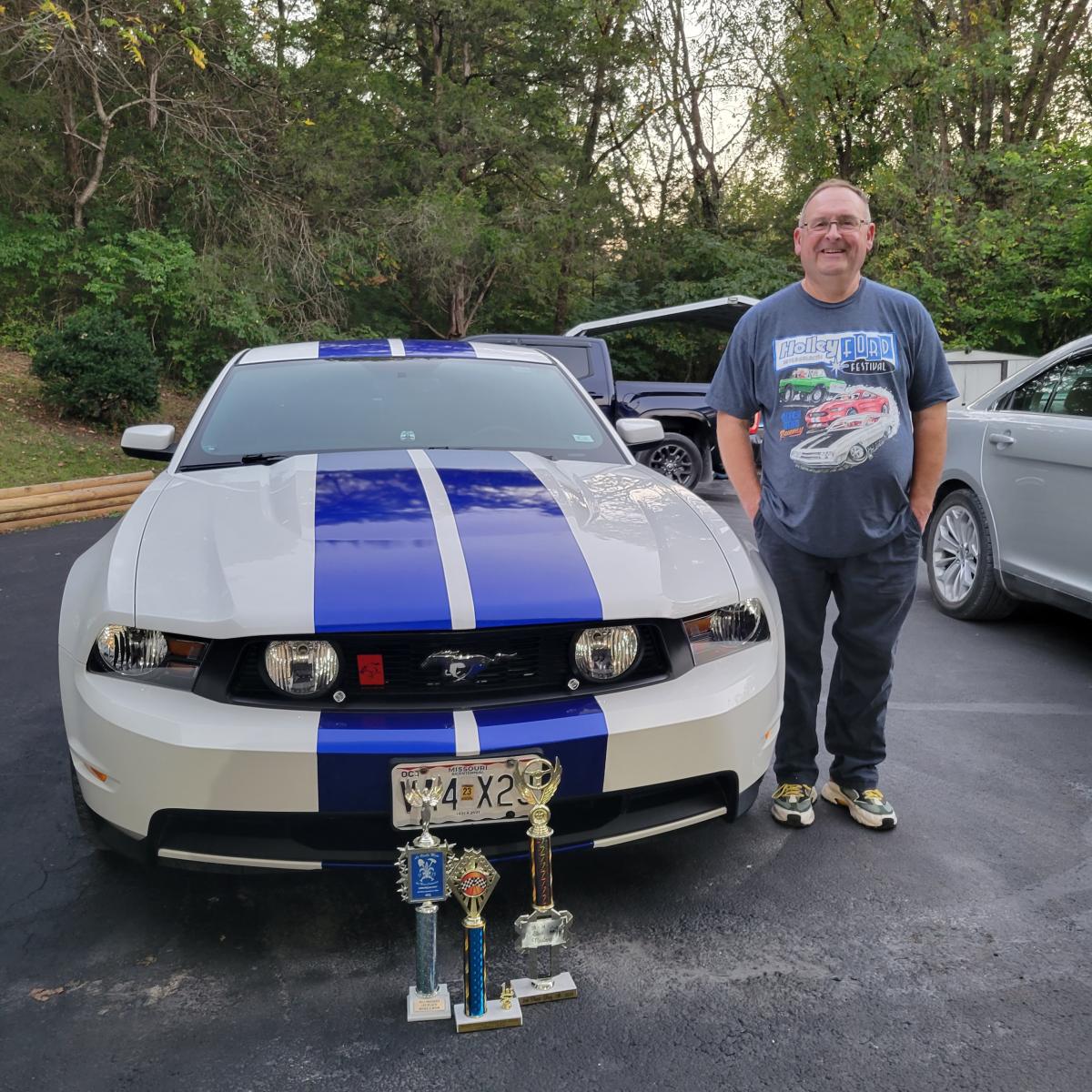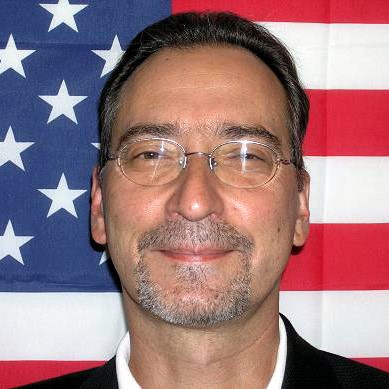
National Archives Veterans Oral Histories
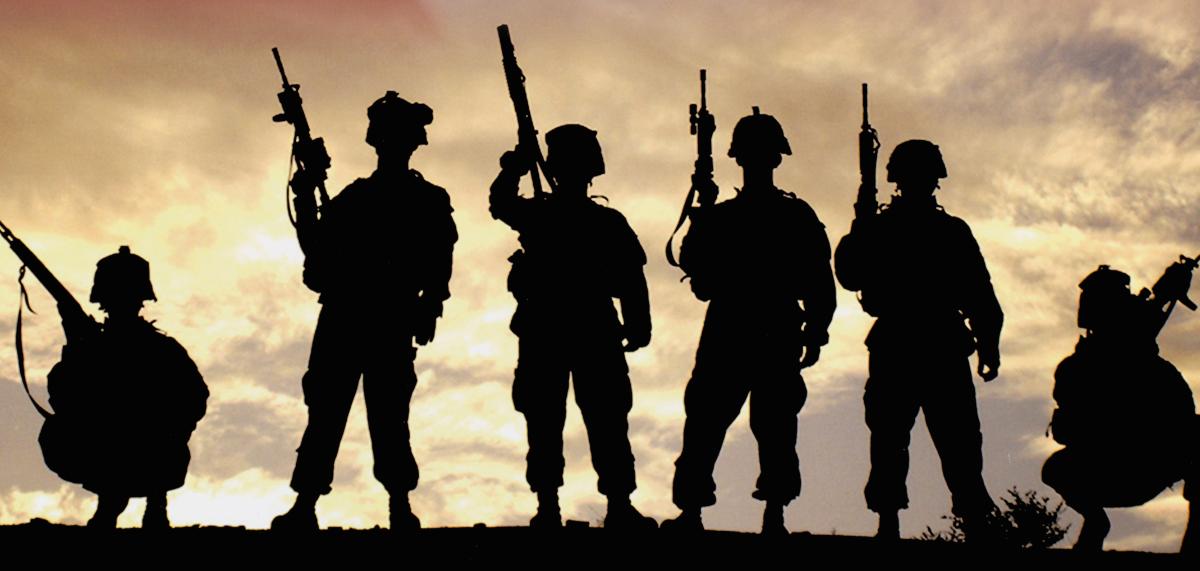
The National Archives has a long and proud history of hiring American veterans to preserve and make accessible federal government records in our custody, thereby strengthening the democracy for which they so proudly served. In 2017, in commemoration of Veterans Day, Erik Moshe, an intern with the National Archives History Office and veteran of the U.S. Air Force, conducted a series of oral history interviews with veteran National Archives employees about their time in the service. An oral history interview for Denis P. Paskauskas conducted by NARA staff in 2004 is also included.
Disclaimer: The views presented in these oral history interviews are those of the participants and not of the National Archives and Records Administration or the U.S. Government.
Veterans Oral History Interviews
Visit our webpage to learn more about Oral History at the National Archives.



